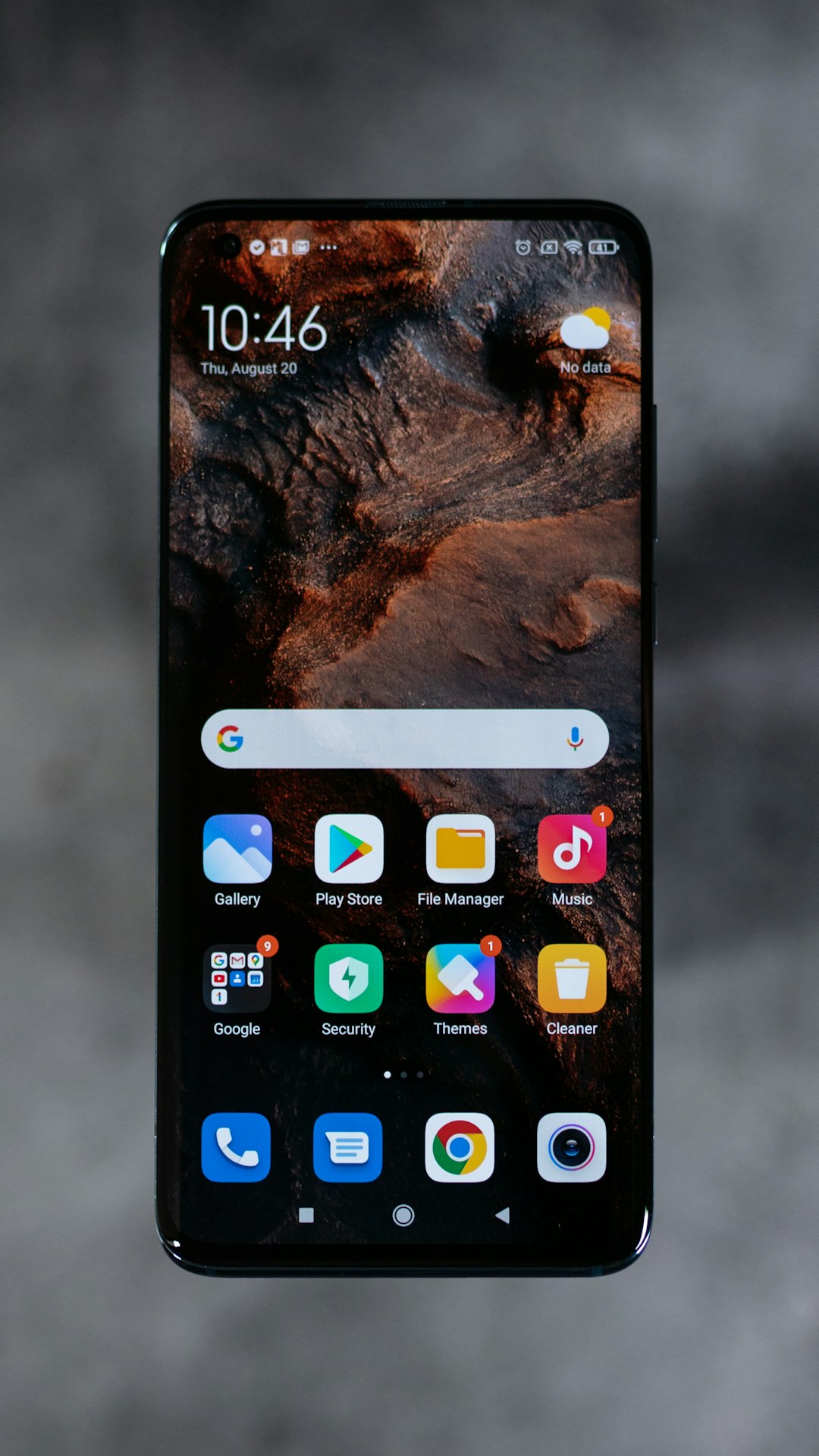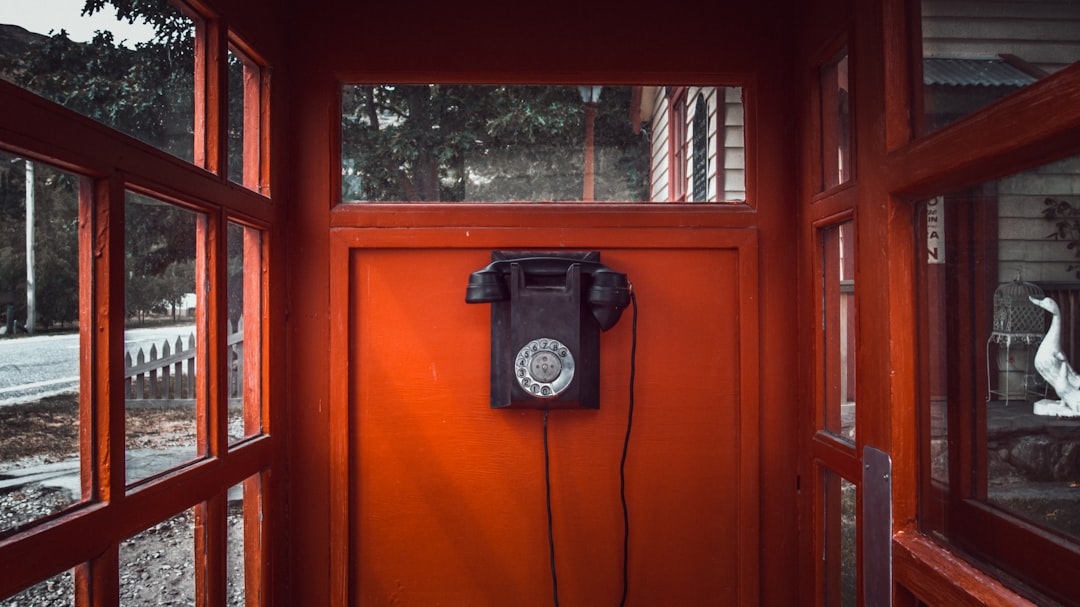Minnesota's Do Not Call laws struggle to keep pace with sophisticated scammers using automated dialers and deceptive practices. Loopholes allow robocalls and illegal marketing calls to persist despite registration on national lists. Do Not Call Attorney Minnesota specialize in combating these tactics, ensuring residents' privacy and protecting them from persistent scammers through legal action and regulatory compliance.
In Minnesota, like elsewhere, the Do Not Call laws are designed to protect residents from unsolicited sales calls. However, scammers often find ways around these regulations, leaving many consumers unaware of their rights. This article explores how these fraudsters exploit loopholes, their advanced tactics to avoid legal repercussions, and the role technology plays in their strategies. We also debunk common misconceptions about Do Not Call rights and offer effective measures for Minnesota residents to protect themselves from scammer evasions, with insights from a Do Not Call Attorney.
Loopholes in Minnesota's Do Not Call Laws

Minnesota’s Do Not Call laws, designed to protect residents from unwanted telemarketing calls, have certain loopholes that scammers exploit. One significant gap is the lack of enforcement against automated dialing systems, commonly known as robocallers. These systems can generate millions of calls daily, making it nearly impossible for individuals to opt-out effectively.
Another loophole lies in the way businesses classify their calls. Some companies use deceptive practices by labeling legitimate sales calls as “surveys” or “marketing research,” which are exempt from certain regulations. This allows them to make calls to numbers on the Do Not Call list, violating the spirit of the law. A Do Not Call Attorney Minnesota can help identify and challenge these practices, ensuring that residents’ privacy is respected.
Scammers' Tactics to Avoid Legal repercussions

Scammers in Minnesota often employ cunning tactics to circumvent the state’s strict Do Not Call laws, which are designed to protect residents from unwanted telemarketing calls. One common strategy is to use automated dialers that make numerous calls per second, making it difficult for consumers to identify and report the callers. These bots can generate a vast number of calls, far surpassing the threshold where individual identification becomes challenging.
Additionally, scammers create layers of deception by using local area codes or even hiring individuals within Minnesota to make calls, believing this will evade detection. They may also employ social engineering techniques, posing as government officials or reputable organizations to gain trust and bypass consumer defenses. Some scammers target specific demographics, preying on the elderly or those less tech-savvy, knowing that their guard might be lower, allowing for easier penetration of Do Not Call restrictions. Engaging a qualified Do Not Call Attorney Minnesota can help victims understand their rights and take legal action against persistent scammers.
Role of Technology in Evasion Strategies

Scammers have become increasingly sophisticated in their efforts to bypass consumer protection laws, and technology plays a significant role in their evasion strategies. With advancements in telecommunications, fraudulent actors can now easily mask their identities, making it challenging for authorities to trace and hold them accountable. Voice over Internet Protocol (VoIP) services allow scammers to make calls from untraceable numbers, evading traditional blocking methods. They also employ automated dialers that can make thousands of calls per hour, making it hard for law enforcement to keep up.
Moreover, technology facilitates the collection and analysis of consumer data, which scammers use to target vulnerable individuals. Do Not Call Attorney Minnesota is a crucial resource for consumers who have been plagued by persistent scammer calls. These attorneys help navigate the complexities of telecommunications laws and offer legal recourse against violators. By staying ahead of evolving technologies, both regulators and consumers can better protect themselves from malicious activities aimed at exploiting consumer protections.
Common Misconceptions About Do Not Call Rights

Many people believe that registering their phone number on the National Do Not Call Registry is enough to stop unwanted telemarketing calls. However, this isn’t entirely accurate. While it’s a significant step in protecting your privacy, it doesn’t guarantee a complete halt to all sales calls. There are loopholes and techniques scammers use to bypass these regulations, such as using automated dialing systems or purchasing numbers from call centers that operate outside the law.
In Minnesota, as in many other states, there are specific laws in place to protect residents from harassing phone calls, but these laws can be complex. A Do Not Call Attorney Minnesota can help navigate these complexities, ensuring that your rights are fully protected. They can also assist in taking legal action against scammers who continue to violate these laws, helping to hold them accountable and deter future violations.
Effective Measures Against Scammer Evasions

To combat scammer evasions of Do Not Call laws in Minnesota, individuals and businesses alike should employ robust measures. Engaging a specialized Do Not Call Attorney Minnesota is an effective step. These legal experts can navigate complex regulations and help enforce your rights by sending cease-and-desist letters, which often deter scammers.
Additionally, utilizing automated call blocking systems and registering on national Do Not Call registries further fortifies protection. Staying informed about emerging scams and sharing information within communities creates a collective defense against these deceptive practices.






